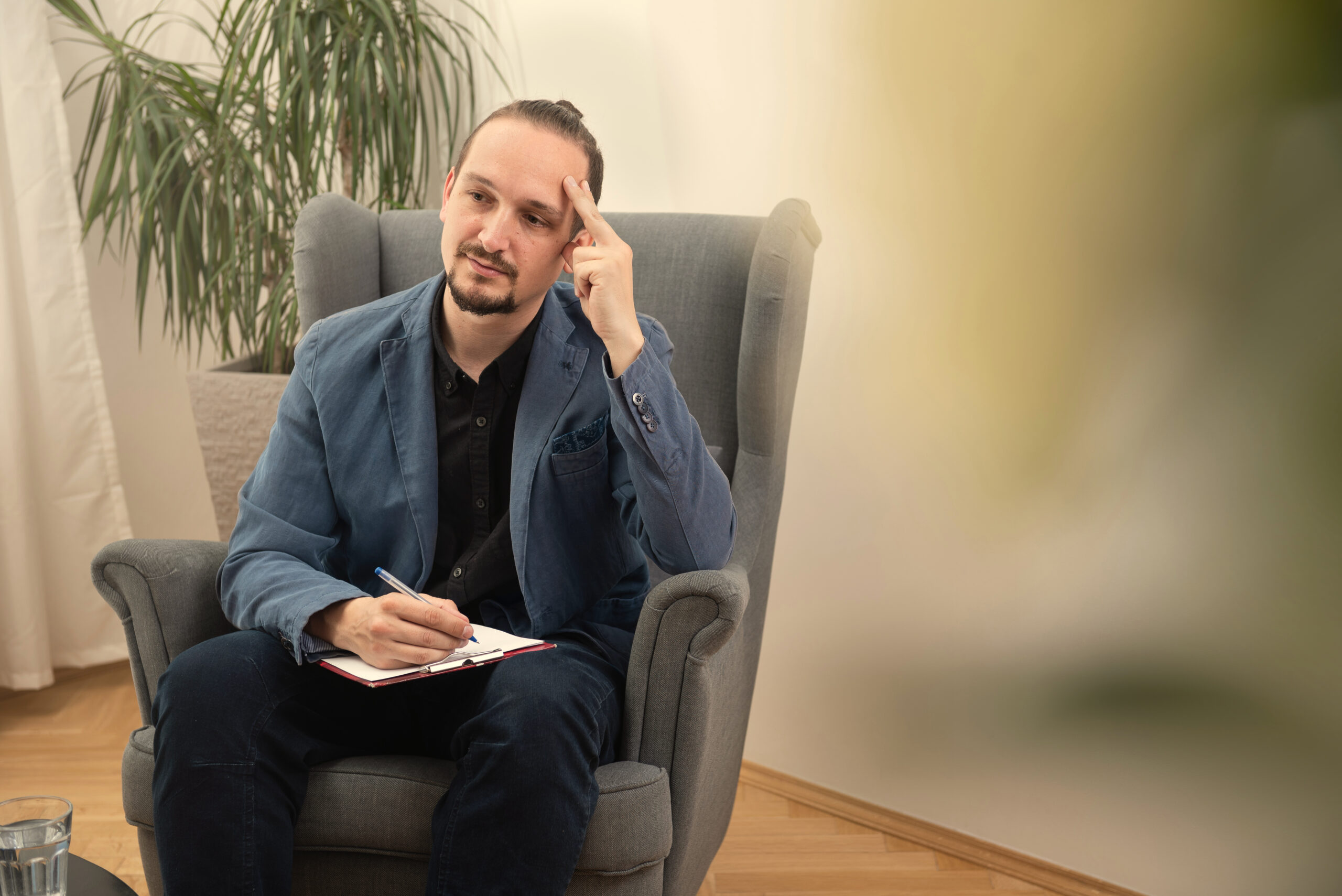If you and your client are working together to achieve long-term change, it is important to remember that it is not enough to eliminate alcohol from your life to achieve permanent abstinence. Those who want to stop drinking must take into account that they will probably have to adjust their lifestyle, change their thinking and priorities and find their own way. It may sound like a cliché, but every addictive substance is a kind of crutch or rather an obstacle to being able to solve our real problems that frustrate us in the long term. It is essential for the long-term maintenance of the abstinence intention that the client, with the support of the therapist, gets rid of their anxieties, stress or depression and finds new qualities of life so that they live a colorful and satisfying life without the addictive substance.
Abstinence programmes

How to maintain abstinence forever?
Every addictive behaviour has its causes, which are referred to as "triggers". An uncontrollable craving for alcohol, also referred to as craving or bingeing, can be caused primarily by a physical need for the addictive substance. This kind of physical dependence can be overcome in a relatively short period of time.
A much more complex topic is psychological addiction. Alcohol acts as a means of relaxation, relieving anxiety, better coping with sadness, anger, feelings of emptiness or, on the contrary, overwhelming our thinking capacity with various work or family responsibilities.


These factors are then called internal, or psychological triggers of craving. Many of these triggers are unconscious, many of which we cannot recognize without professional help.
If triggers are not treated thoroughly, abstinence often becomes a "time bomb". After a while, the addict begins to miss the effects of alcohol, in the vernacular.
He feels no physical urge to drink, so he falls into the mistaken belief that he has everything under control and returns to his former drinking habits. Unfortunately, studies have shown that the rate of alcohol consumption often increases after a failed abstinence attempt.
"Why do our resolutions to never drink again fail so often?"
Alcohol dependence treatment
Alcohol addiction is treated using several types of psychotherapeutic methods, the most effective solution is cognitive behavioural therapy combined with one of the humanistic therapeutic directions, most often logotherapy.
Treatment can be in the form of individual psychotherapy or group therapy. If necessary, the therapeutic process can also be temporarily supported by gentle medication, most often by using drugs that suppress cravings.


We offer individual and group abstinence programmes
- For clients who are determined to abstain
- For clients who are contraindicated for the supervised consumption program
- For clients who have completed a treatment stay and need aftercare therapy
We will be happy to provide you with expert support in your fight! We offer our clients three-month abstinence support programs, which can be supplemented with pharmacotherapy and relaxation therapy if necessary.
Do you need advice on what service to book or have further questions about your first meeting? We will be happy to contact you by phone.
To order you can use our online booking calendar nebo využijte naši online chatovací službu v pravém dolním rohu.